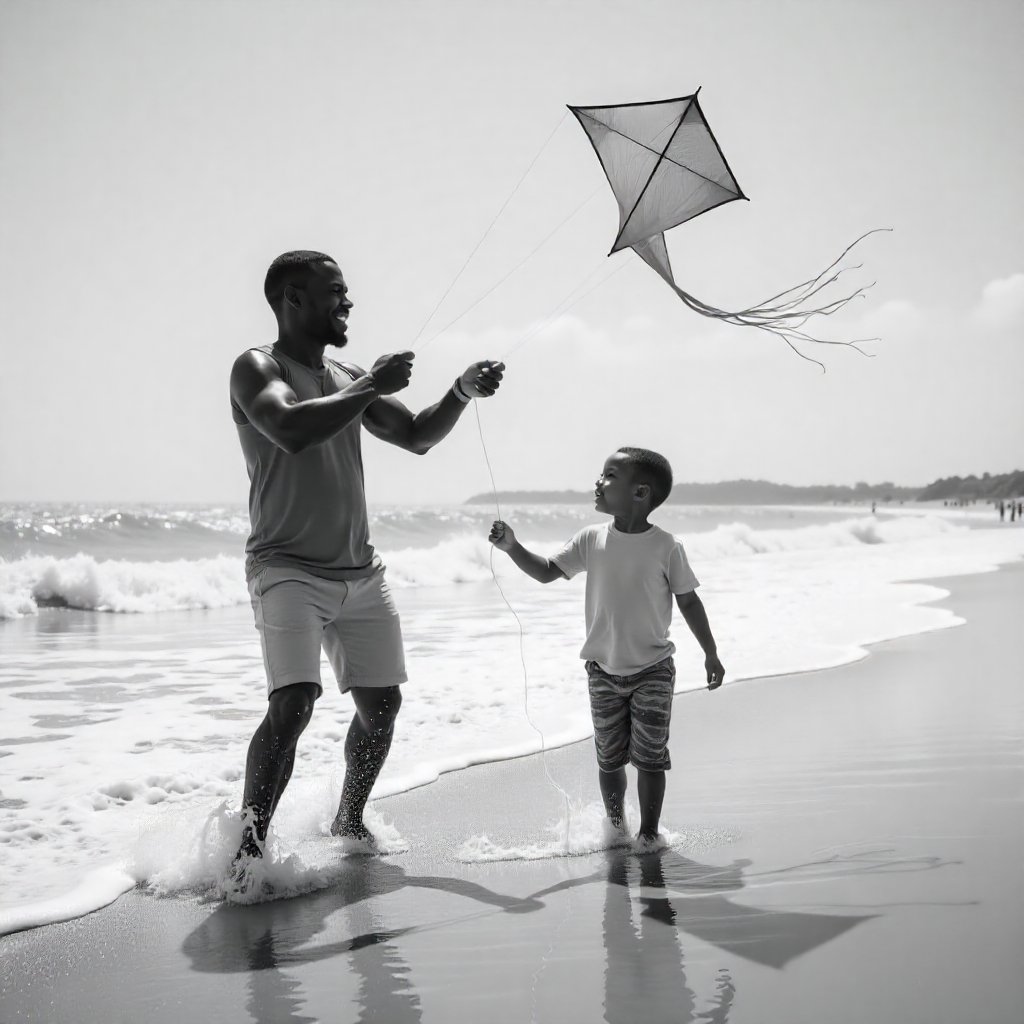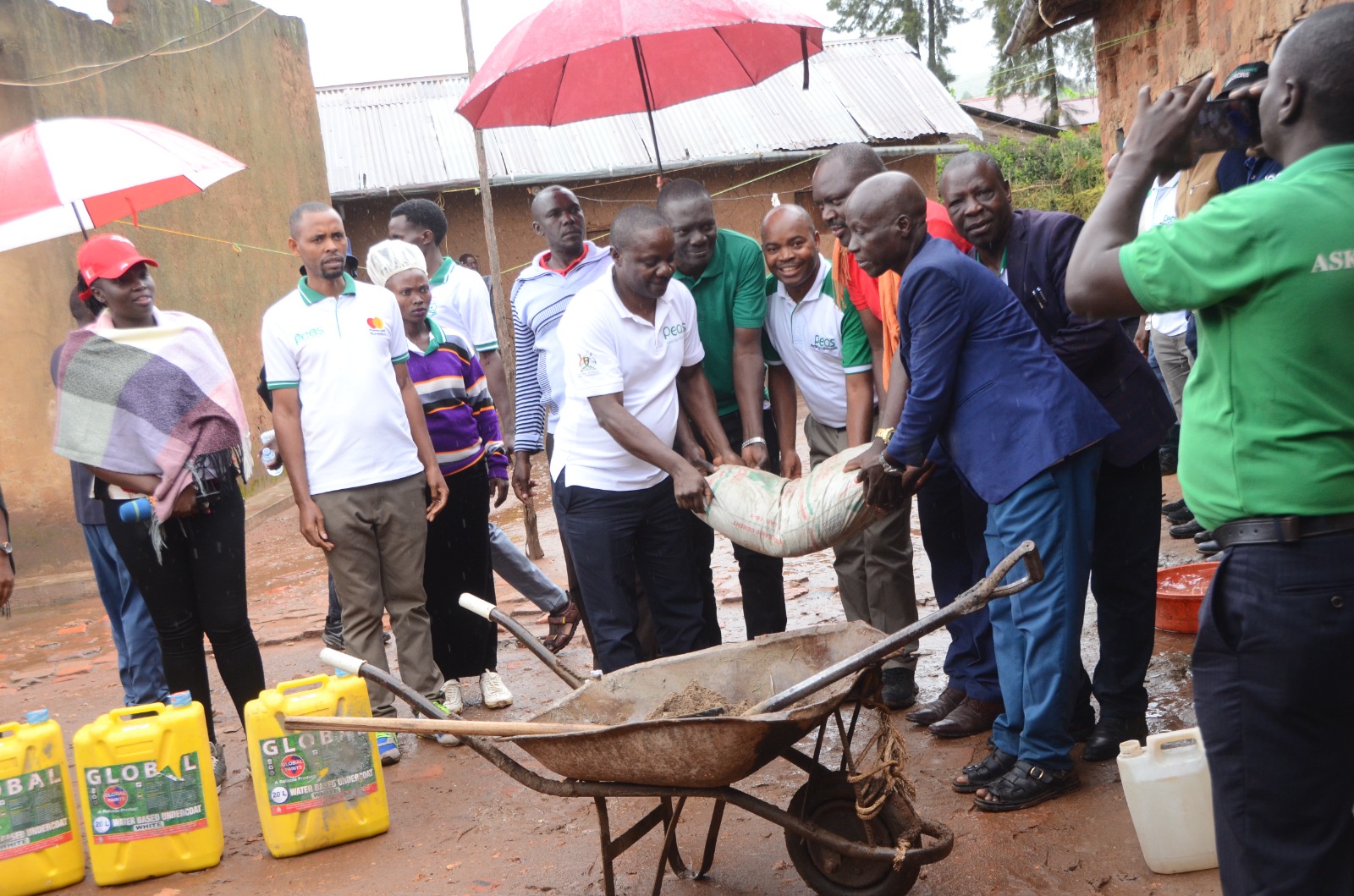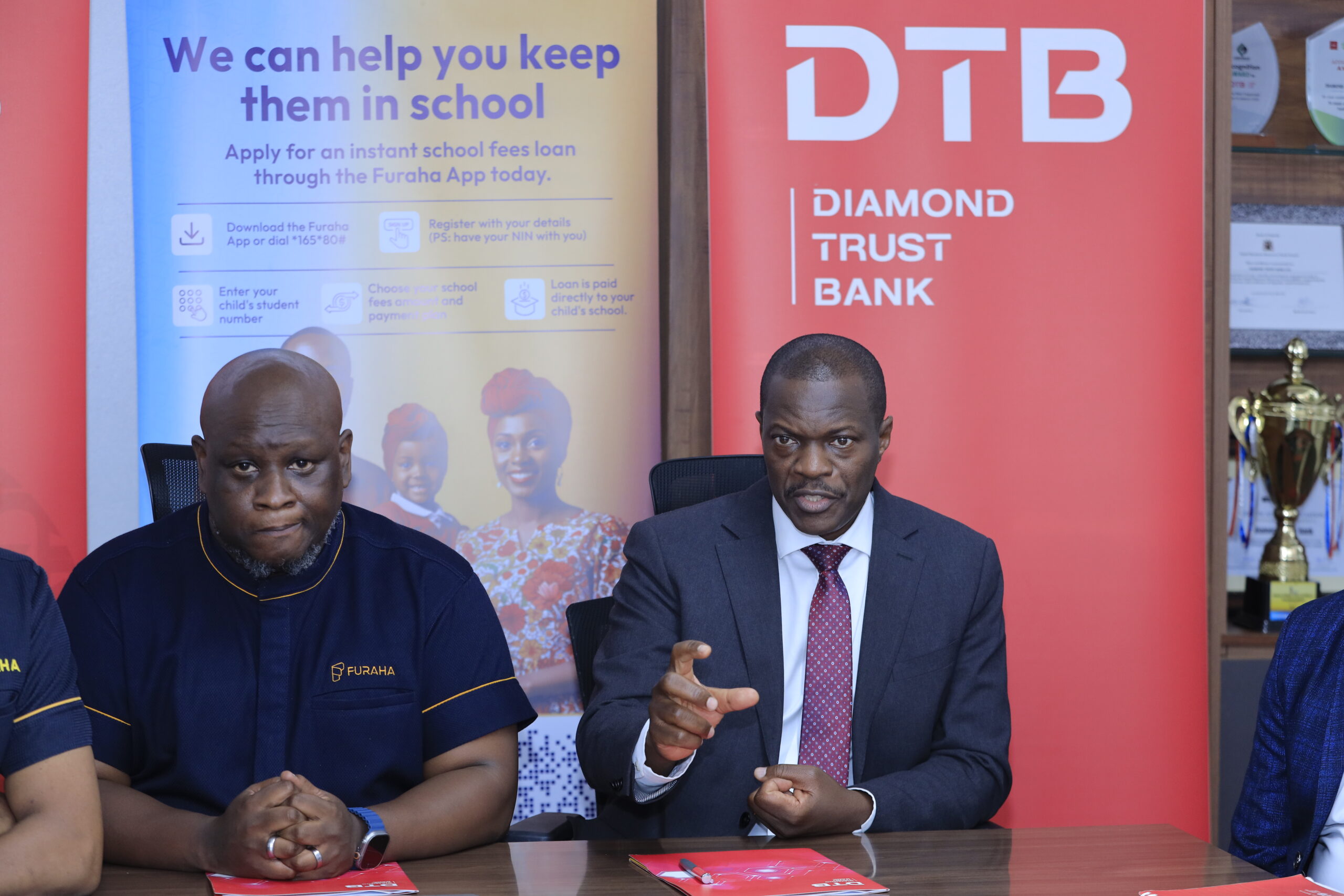Protecting our children during holidays

Photo: Courtesy
As school holidays begin, many children will spend close to a month at home, in their communities, or traveling to visit relatives and friends. While the break offers rest and rejuvenation, it also presents serious risks especially when children are left unsupervised or exposed to unsafe environments.
Some parents rarely take a keen interest in knowing how their children are doing at home, especially when they leave them in the hands of “trusted” caretakers. Yet, we continue to hear troubling confessions about what happens under our roofs simply because we assume everything is okay. Many parents never bother to ask their children, one-on-one, how they spent the day.
We must ensure our children are always safe, protected, and meaningfully engaged during this period. This takes extra effort sitting them down to listen to their experiences and being physically present, even if others are helping in the parenting process.
The reality of being left alone
In many homes, especially in urban centers, parents continue working while children remain home alone or in the care of older siblings or nannies. This arrangement, though sometimes unavoidable, increases children’s vulnerability to domestic accidents, abuse, or negative peer influence dangers that children themselves may not recognize.
Many incidents are preventable if proper supervision is in place. This could mean making a quick phone call during the day, speaking to both the children and their caretaker, or checking in physically when possible. Supervision is not a luxury, it’s a necessity.
Community vigilance is key
In the past, a child belonged to the whole village. Today, especially in urban areas, individualism has taken over, and people tend to mind only their own business. Extended families and communities must step up again.
In villages and trading centers, neighbors once looked out for each other’s children. The spirit of “ubuntu” must be revived. Let us be keepers of one another’s children and ensure they are safe in our shared spaces. If you see a child misbehaving, do not ignore it because they are “not your responsibility.” Tomorrow it could be your child facing a similar or worse situation and you may regret not acting sooner.
Manage screen time
Today’s children are not only exploring their neighborhoods, they are also exploring the internet. With smartphones more accessible and mobile data more affordable, children are spending longer hours online. Some are even more tech-savvy than their parents, despite their young age.
While digital learning and entertainment have benefits, unmonitored screen time can expose children to pornography, gambling apps, online predators, and cyberbullying. The consequences can be devastating.
Parents should activate parental controls, check browsing histories, and set clear boundaries on acceptable content. More importantly, have open conversations about the dangers of the internet and television. Do not hesitate to inspect their gadgets or monitor what they watch, browse, and learn. This allows you to step in early when guidance is needed.
Create a simple daily structure
Children thrive with structure. Even during holidays, a basic routine—such as time for chores, reading, outdoor play, and creative hobbies can reduce boredom and limit risky behavior.
Introduce age-appropriate responsibilities. Teach them to cook simple meals, manage money, or care for pets. These are not punishments, they are life lessons. Make learning these skills a fun and rewarding experience so children appreciate their value.
In conclusion
Holidays should be a time of joy and connection, not injury, exposure, or regret. Let’s protect our children by staying present, setting boundaries, and looking out for one another. Their safety is our shared responsibility, and their future is our common investment.
The writer is the executive director of Hope Regeneration Africa, a parenting coach, marriage counselor, and founder of the Men of Purpose mentorship program





